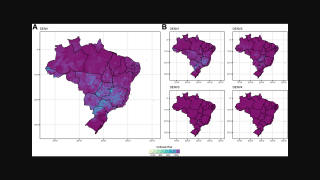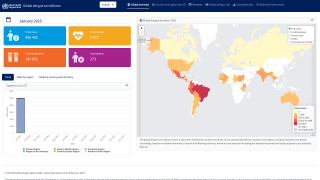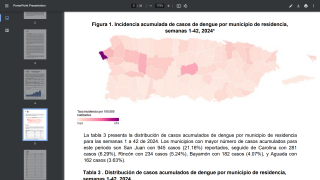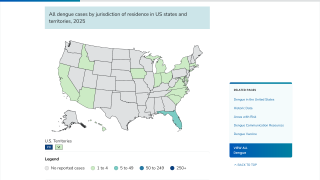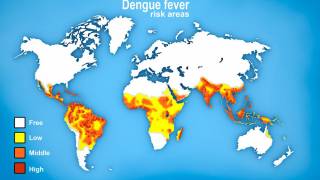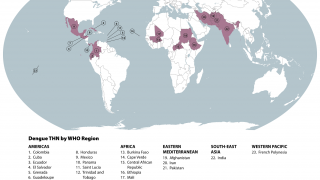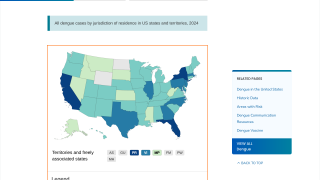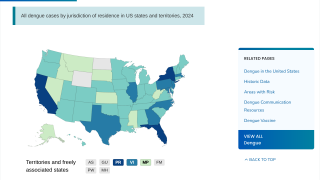Vaccine Development Encouraged in Europe

The European Union's Environment, Public Health, and Food Safety Committee recently announced its support for innovative legislation designed to attract pharmaceutical investment, foster innovation, and make medicines more affordable, such as orphan drugs, antimicrobials, and vaccines.
The new reform would provide regulatory data protection to pharma companies for at least seven and a half years, during which competitors would have no access to their product data.
Additionally, companies could be eligible for further data protection extensions based on specific criteria, such as whether most of their product development is carried out in collaboration with EU entities.
The Members of the European Parliament (MEP) have proposed a cap of eight and a half years on combined data protection, which will be strictly enforced.
The new legislation will also provide market protection to companies for two years after their products receive marketing authorization.
Generics, biosimilars, and hybrid products cannot be sold during this time.
Moreover, companies could extend their market protection by an additional 12 months if they receive approval for another therapeutic indication that provides significant clinical benefits compared to existing therapies.
Drugs and vaccines designed to target rare diseases could earn up to 11 years of market exclusivity, particularly those that address a high unmet medical need. These products will be strictly monitored.
Rapporteur for the directive Pernille Weiss (EPP, DK) commented in a press release on March 19, 2024, "The EU pharmaceutical legislation revision is vital for patients, industry and society."
"Today's vote is a step towards delivering the tools to tackle present and future healthcare challenges, particularly for our market attractiveness and medicine access across EU countries."
"We hope Council takes note of our ambition and commitment to create a robust legislative framework, setting the scene for prompt negotiations."
MEPs want the European Health Emergency Preparedness and Response Authority (HERA, currently a Commission department) to become a separate structure under the European Centre for Disease Prevention and Control to address public health challenges and boost European research.
HERA would primarily focus on the fight against the most urgent health threats, including antimicrobial resistance and medicine shortages.
This EC background document shows more details on MEPs' specific proposals.
As of March 2024, the European Medicines Agency's scientific guidelines on vaccines help medicine developers prepare marketing-authorization applications for human medicines.
Our Trust Standards: Medical Advisory Committee




